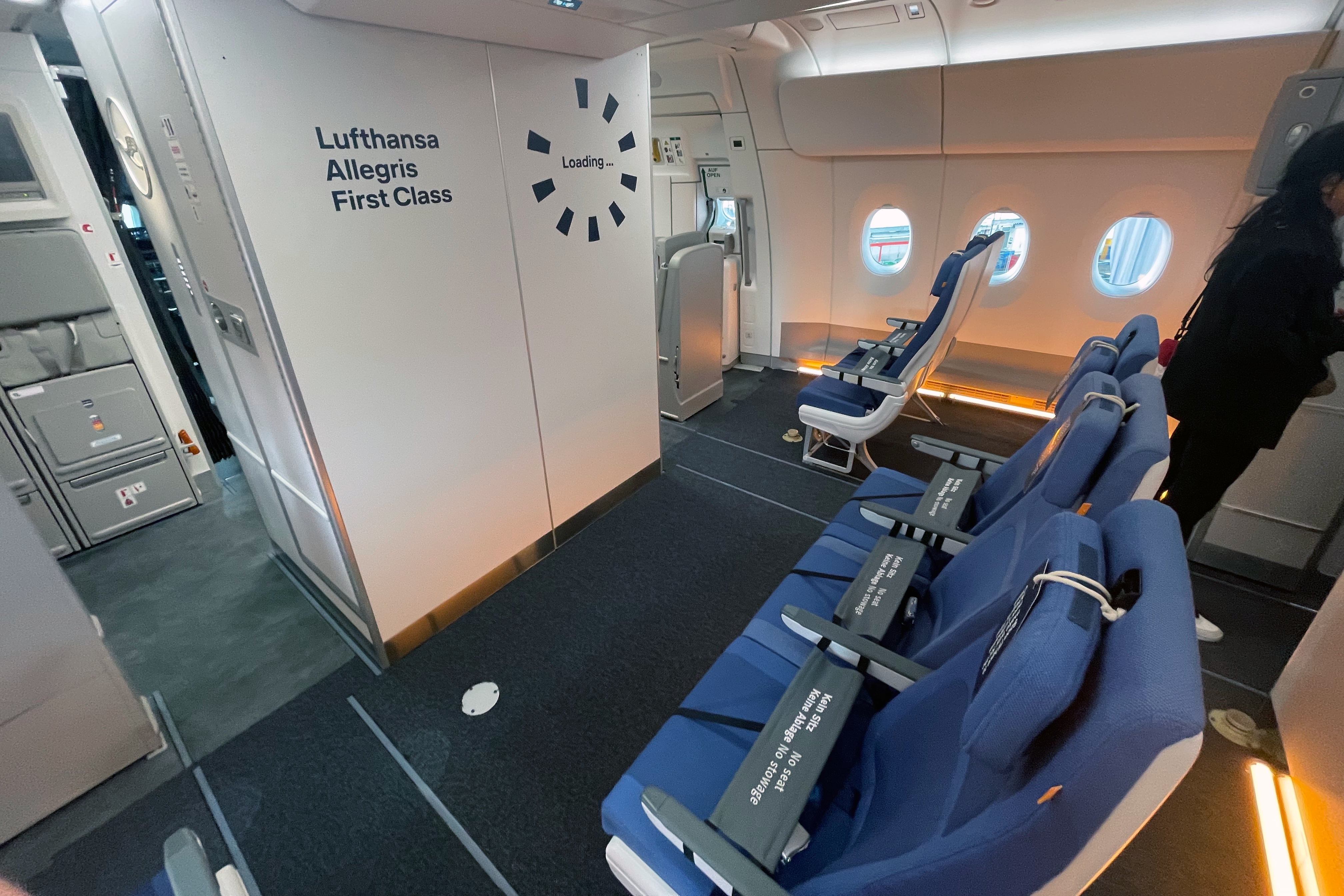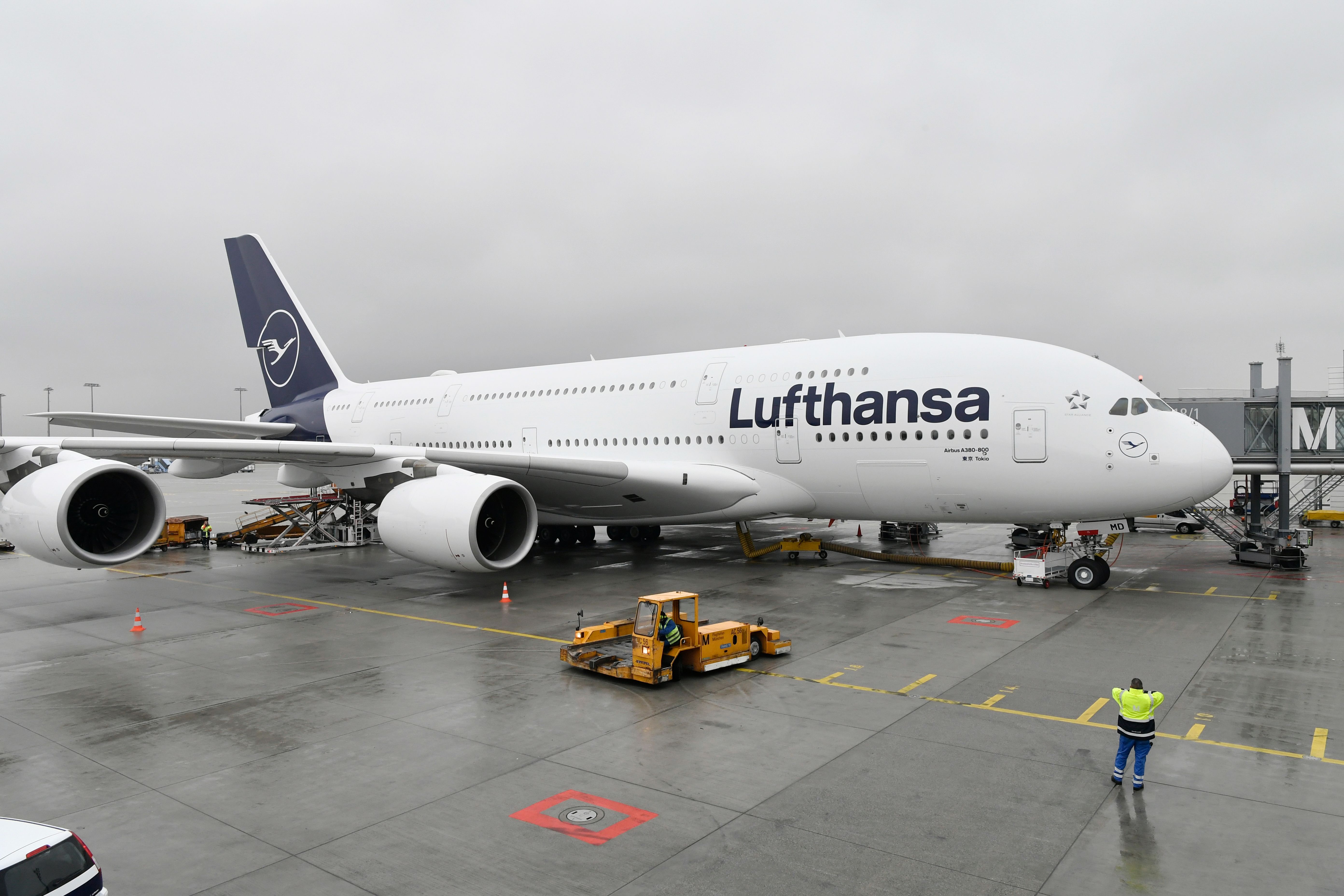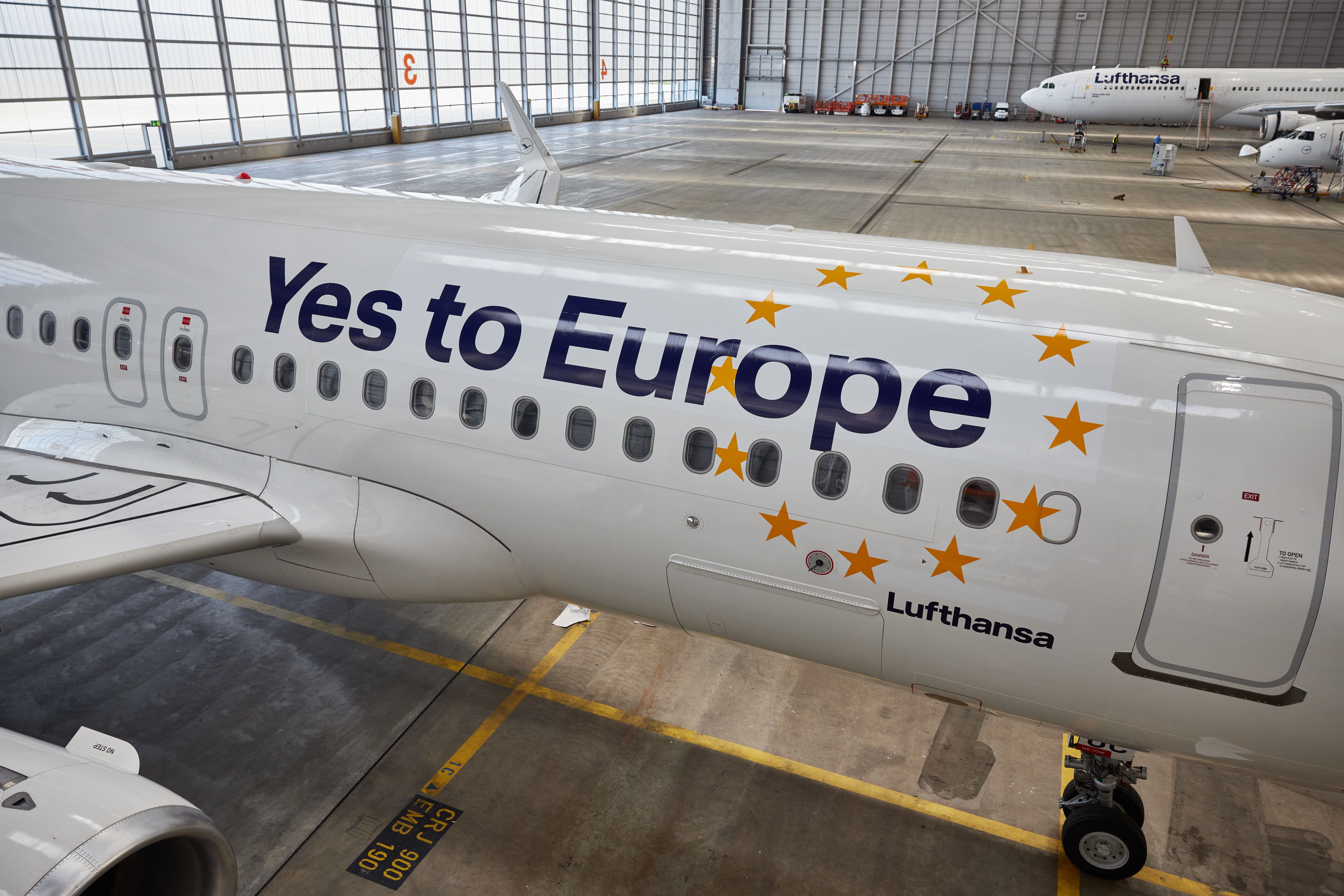Travel
Lufthansa Focuses On A Premium Travel Experience While Critical Of EU Environmental Policies
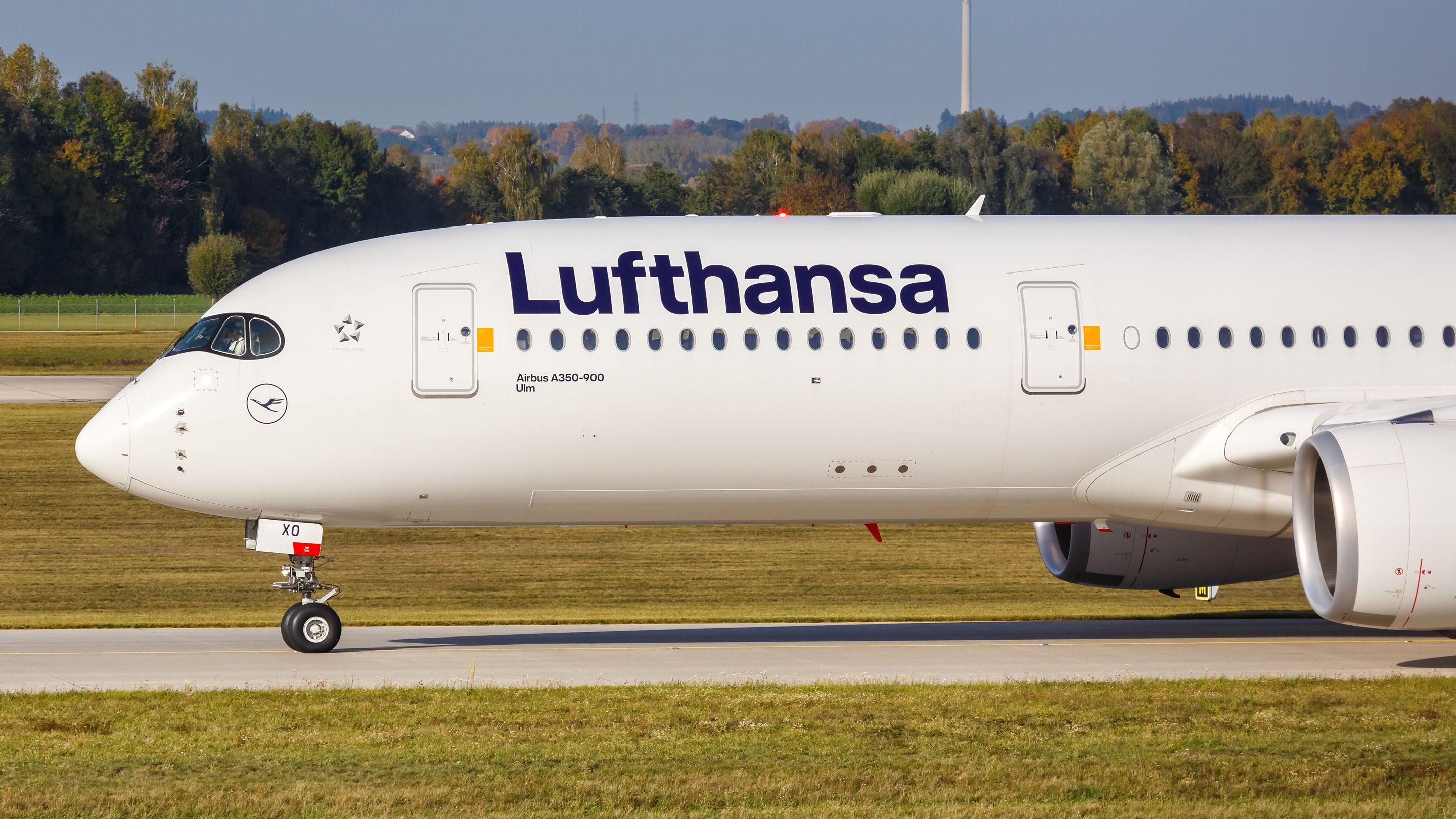
Summary
- The CEO of Lufthansa Group hailed 2023 as an outstanding year for the group.
- The executive emphasized the group’s focus on a premium travel experience.
- While Spohr was hopeful that the EU would approve the merger with ITA Airways soon, the executive was highly critical of domestic and EU policies.
During Lufthansa Group’s annual general meeting (AGM) with its shareholders on May 7, 2024, which followed shortly after the group’s massive Q1 losses due to several labor actions by its unions, Carsten Spohr, the chief executive officer (CEO) of Lufthansa Group, described 2023 as an outstanding year. Furthermore, the CEO emphasized the group’s focus on a premium travel experience, especially with the introduction of the Allegris cabin on Lufthansa’s aircraft, including the Airbus A350-900.
Changing fortunes
Spohr, who began his speech by turning back the clock to the pandemic, remarked that the group lost up to €100 million ($107.5 million) per hour when all of the flights were canceled, adding that only three years later, the Lufthansa Group experienced an “outstanding” year. In 2023, all of the group’s airlines, including Austrian Airlines, Brussels Airlines, Eurowings, Lufthansa, Swiss International Air Lines (SWISS), and their regional affiliates were profitable for the first time.
Photo: Lufthansa
At the same time, the CEO of the group noted that certainties are a thing of the past, saying that change is the new normal and that “the ability to adapt is the new reality.” Still, Spohr commented that 2023 was the third-best year for the group, continuing that Lufthansa’s customers, employees, and shareholders benefit from the record results.
As a result, one of the proposals at the AGM was to reinstate a dividend to the group’s shareholders, offering a payment of €0.30 ($0.32) per share. In addition, Spohr highlighted that its employees received profit-sharing bonuses worth up to €500 million ($538 million). Looking back through its dividend policy, the airline group has not paid out a dividend to its shareholders since 2018. Then, the company’s shareholders approved a €0.80 ($0.86) dividend per share.
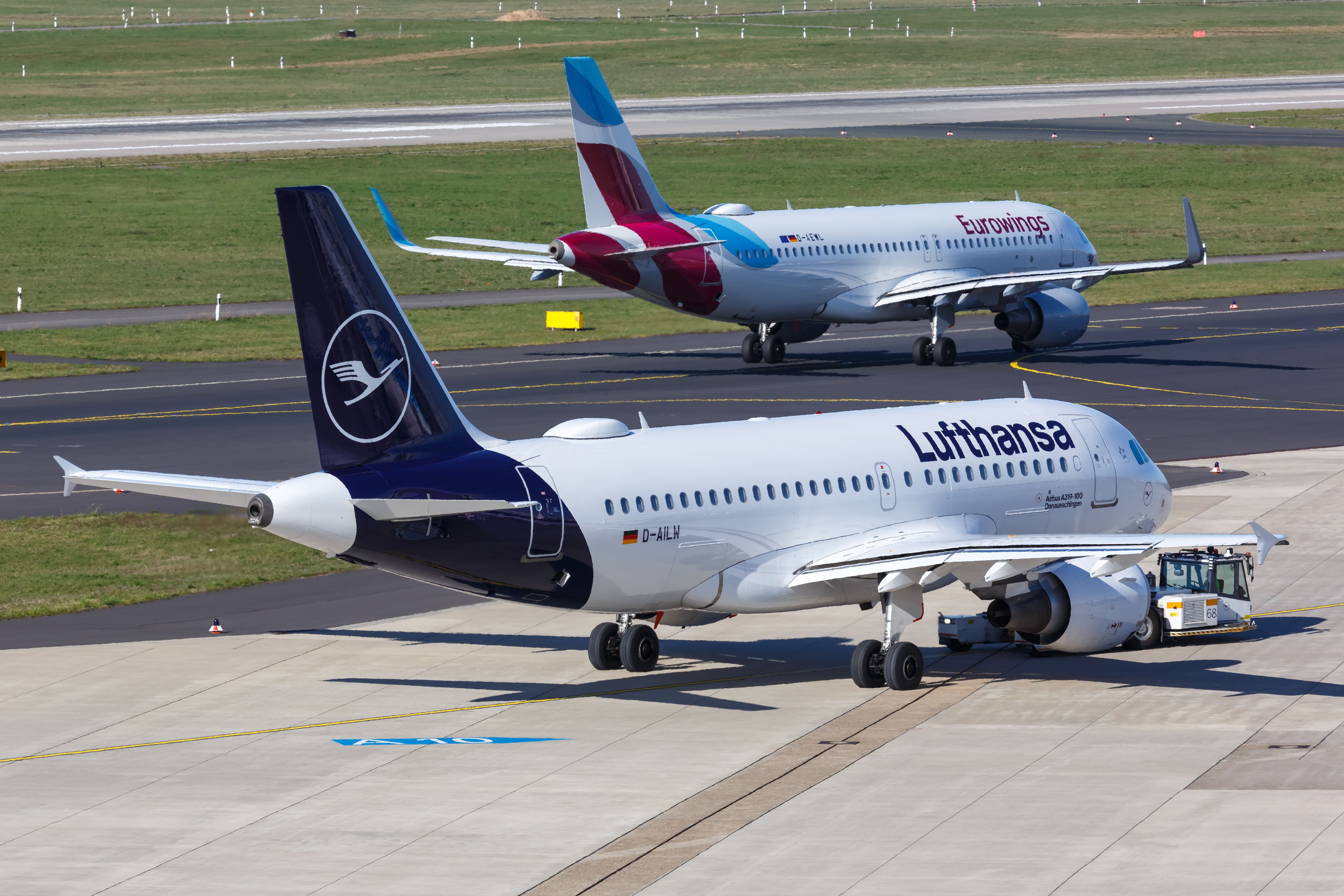
1st Time Ever: All Lufthansa Airlines Were Profitable In 2023
The Lufthansa Group indicated that it would still not be able to reach its 2019 capacity in 2024.
Emphasis on premium travel
Nevertheless, Spohr dedicated significant time to discussing the group’s emphasis on providing a premium travel experience to its customers, especially to travelers who are flying with Lufthansa and SWISS. While the former has already introduced Allegris into service, the letter will introduce the SWISS Senses cabin in 2025.
The CEO highlighted that the Allegris cabin entered commercial service on a flight between Munich Airport (MUC) and Vancouver International Airport (YVR) on May 1, marking a new era for the German airline. Still, Spohr was cautious, saying that supply chain challenges, including aircraft and seat delivery delays, have offset the strong travel demand.
The Airbus A350-900, registered as D-AIXT, which flew to YVR on May 1, still lacks a first class cabin, with an interior wall of the aircraft showing a loading motif. When Simple Flying was invited to get a preview of the cabin, the first class part of the aircraft had economy class seats with a tag saying,
“Soon I’ll have to make way for the new Lufthansa Allegris First Class.”
Still, Spohr mentioned that the group’s objective is clear: to provide an end-to-end premium travel experience for its passengers. As such, the company established a task force to improve its stability, punctuality, customer service, and other factors in order to ensure its competitiveness in the premium space.
According to the CEO, the trend of leisure travelers choosing business or first class cabins for their travels continues “unabated,” with the executive adding that business travel continues to recover. That was particularly evident on transatlantic routes.
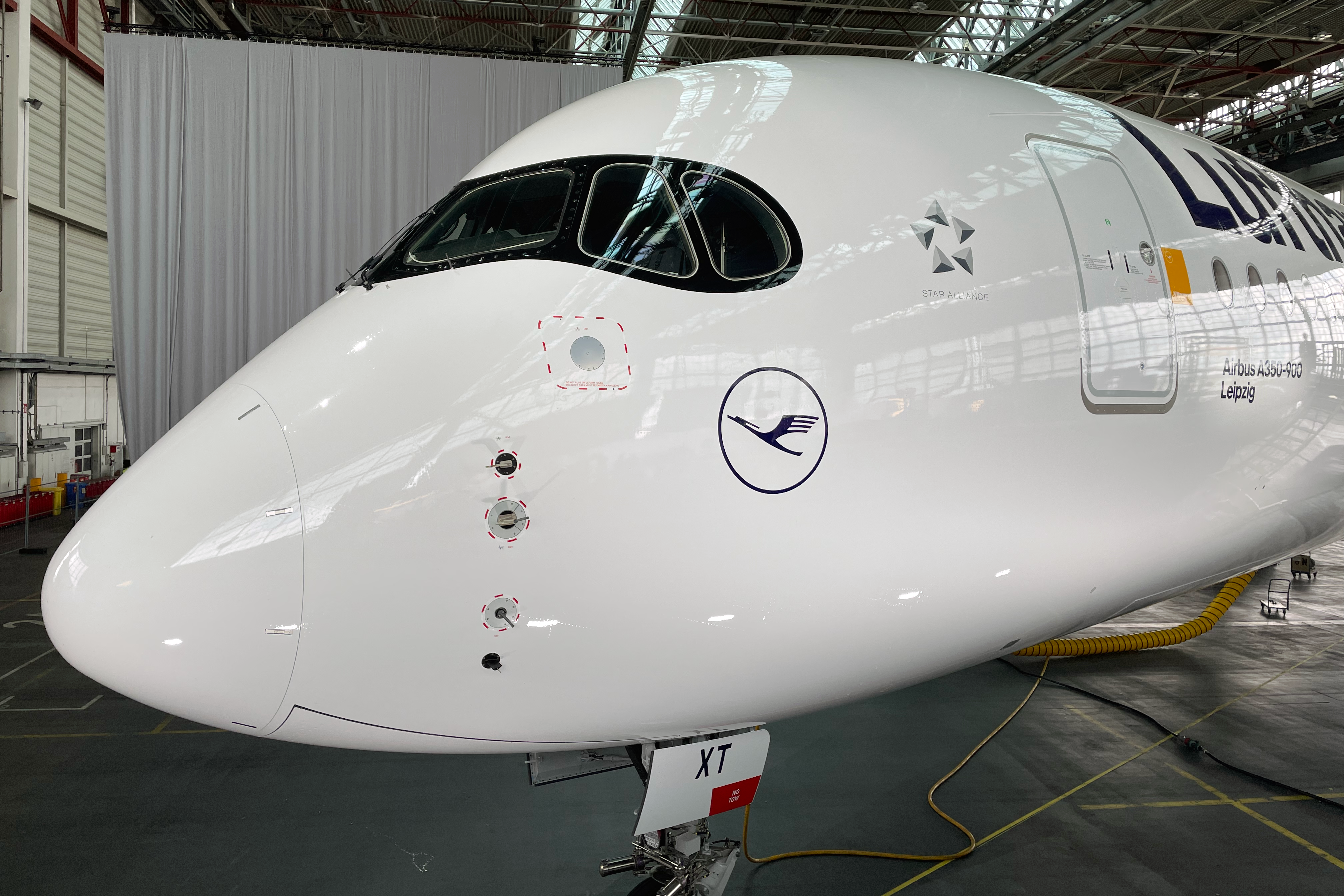
First Impressions: We Explored Lufthansa’s New Allegris Airbus A350 Cabin
This cabin has been a long time in the making, but it seems the wait was worth it!
31,000 Allegris seats
Nevertheless, Spohr said that Lufthansa’s aircraft will be fitted with 31,000 Allegris seats on its long-haul aircraft, with each new aircraft delivery from the manufacturer coming with either the Allegris or SWISS Senses cabin. Spohr noted that some of the current long-haul aircraft, including the quad-engine jets, the Airbus A380 and Boeing 747-8, will be retrofitted with the new premium cabin.
In another important development for the group, Spohr stated that it would build a new lounge at New York John F. Kennedy International Airport (JFK), with the airport upgrading its home terminal, Terminal 1. The new terminal should be completed by May 2026.
Photo: Lufthansa
According to data from the aviation analytics company Cirium, the Lufthansa Group airlines, namely Austrian Airlines, Brussels Airlines, Lufthansa, and SWISS, have scheduled 54 weekly flights to JFK in May. By June, the schedule should expand to 55 weekly itineraries, amounting to 16,898 weekly seats.
At the same time, Spohr stated that the group expects to take delivery of 20 new aircraft during the current year, with a total of 250 of the latest-generation aircraft in its backlog. This includes the Boeing 777-9, with Jens Ritter, the CEO of Lufthansa, saying during an event in early May that the aircraft would arrive in 2026 rather than 2025, according to a report by Aviation Week.
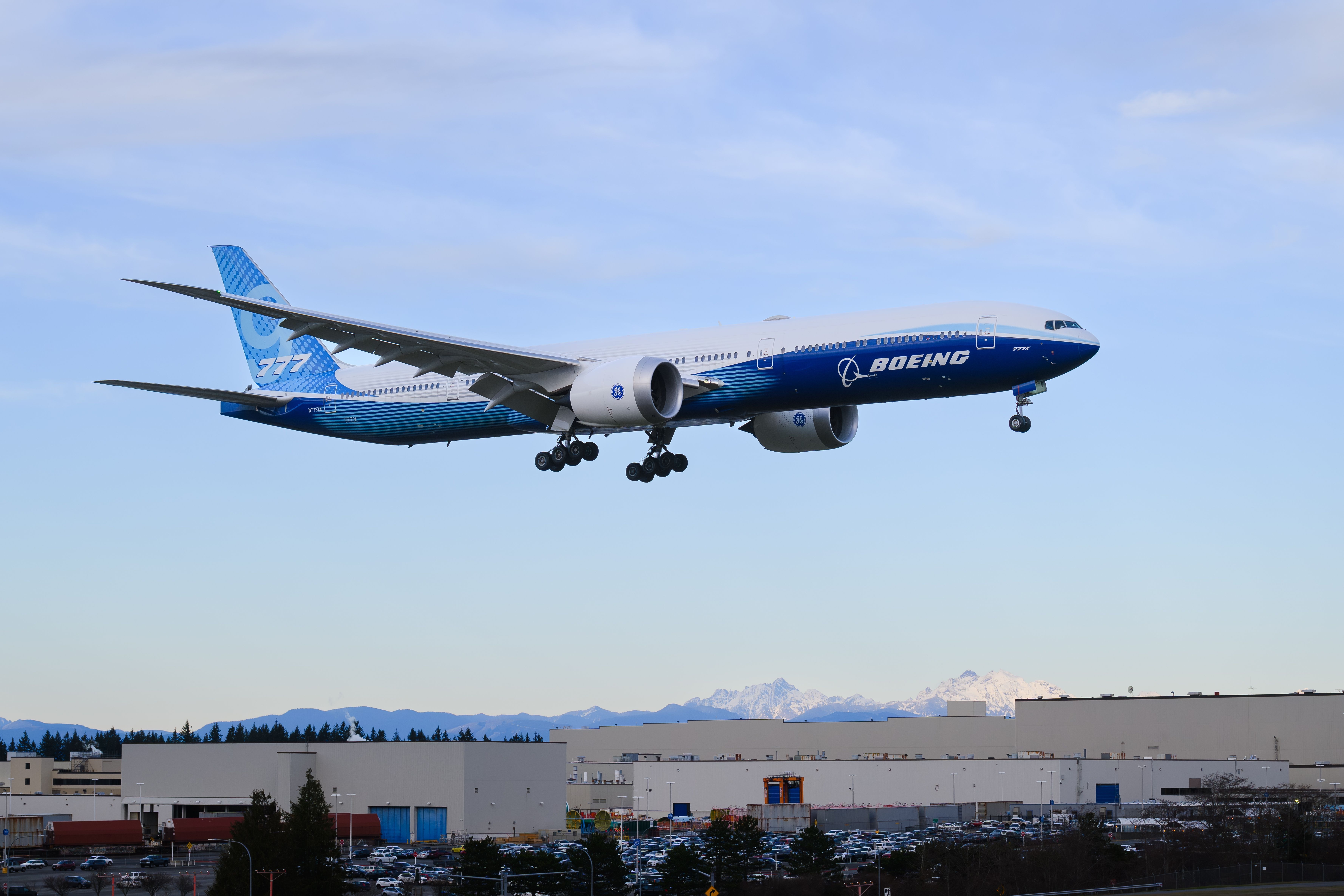
Lufthansa CEO Says Boeing 777-9 Deliveries Not Likely In 2025
Boeing has tried to reassure the carrier they will have the new aircraft by the summer of 2025.
The Group’s competitiveness
Spohr overviewed and emphasized that the group’s competitiveness comes from its multi-hub, multi-airline, and multi-market business model, which is the core of its strategy, with the group looking to expand its business with the addition of ITA Airways.
The European Commission (EC) sent a statement of objections to the parties involved in the deal, namely Lufthansa and the Italian Ministry of Economy and Finance (Ministero dell’Economia e delle Finanze, MEF), in April. Still, Spohr said the group expects a “positive decision from Brussels during the Summer,” with the CEO adding that the merger would benefit everyone, including its business model.
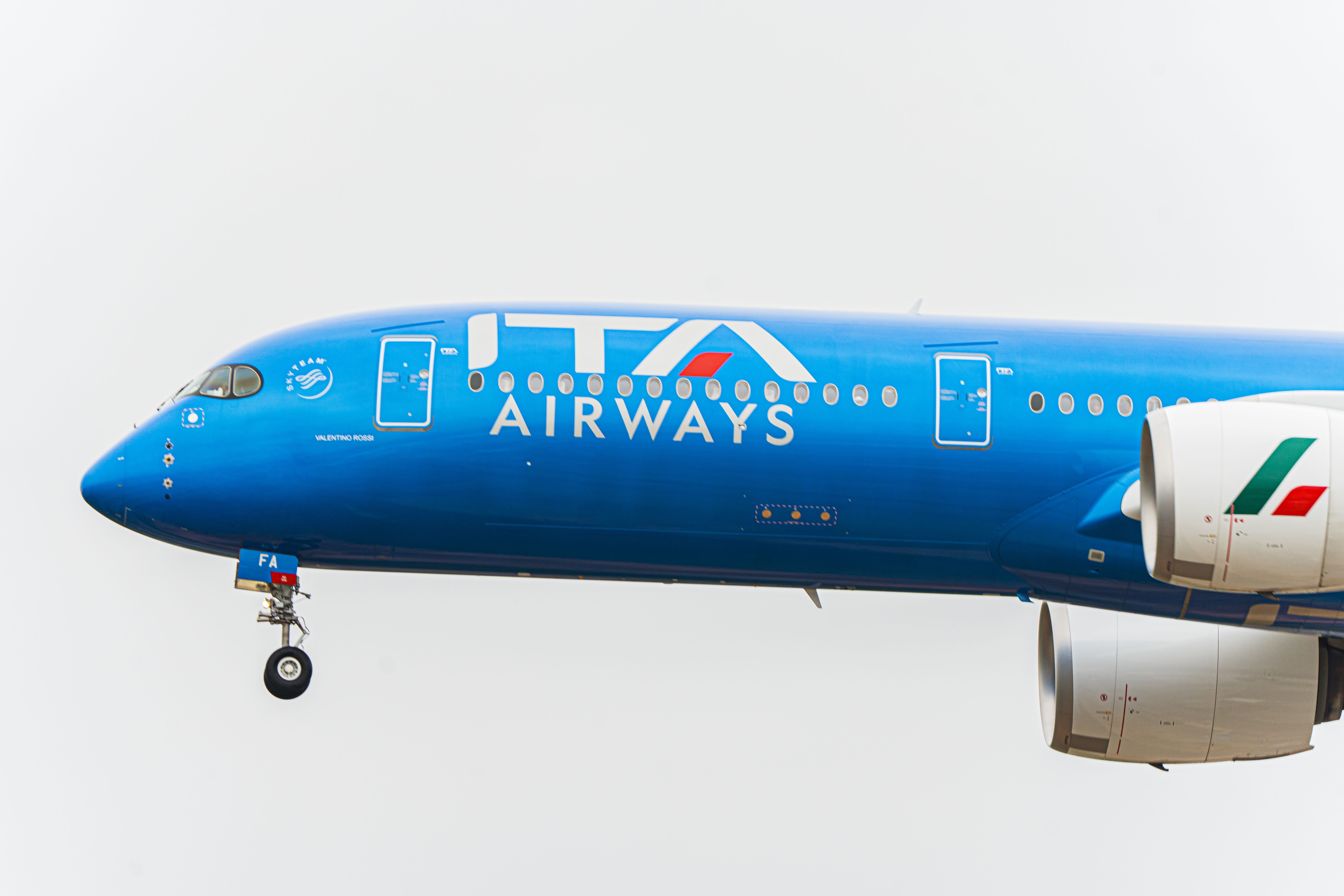
Lufthansa Reportedly Threatens To Withdraw From ITA Purchase Over EU Concerns
In a statement to Simple Flying, Lufthansa says it is nevertheless confident that “the Merger Application will be approved”.
According to the CEO, Lufthansa City Airlines will launch its services soon, first flying from Munich Airport (MUC), with flights from Frankfurt Airport (FRA) starting in due time. Spohr explained that the new airline will ensure that the group’s long-haul services have competitive feeder services at its hubs.
Photo: Lufthansa
At the same time, the executive was highly critical of the regulators in the European Union (EU), remarking that the industry needs a policy that sees aviation as a development opportunity. Spohr criticized high taxes in Germany and environmental fees that would make long-haul travel via EU-based hubs uncompetitive.
The publicly available memo of Spohr’s speech pointed out that the ‘Fit for 55’ package will make a long-haul flight from Barcelona, Spain, to Tokyo, Japan, via FRA cost €230 more. However, stopping at Istanbul Airport (IST) will increase the price of the long-haul flight by only €35 ($37.6), with Spohr concluding that travelers switching aircraft at non-EU hubs will harm domestic travel and the climate in the long run.
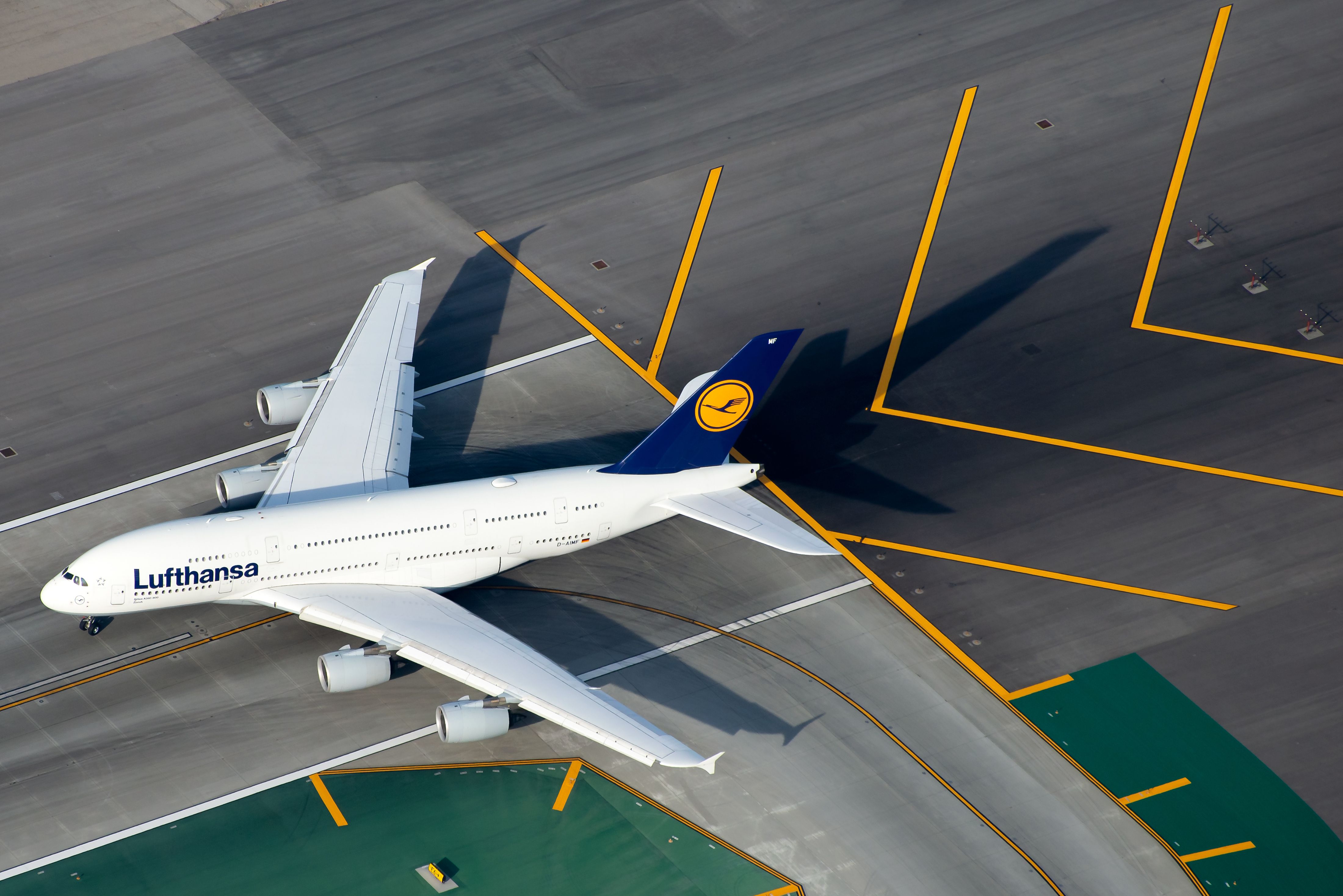
Lufthansa Boss Says EU SAF Targets Are Not Achievable
ReFuelEU’s recently approved biofuel mandates for 2030 are nearly ten times the current SAF production capacity in Europe.

